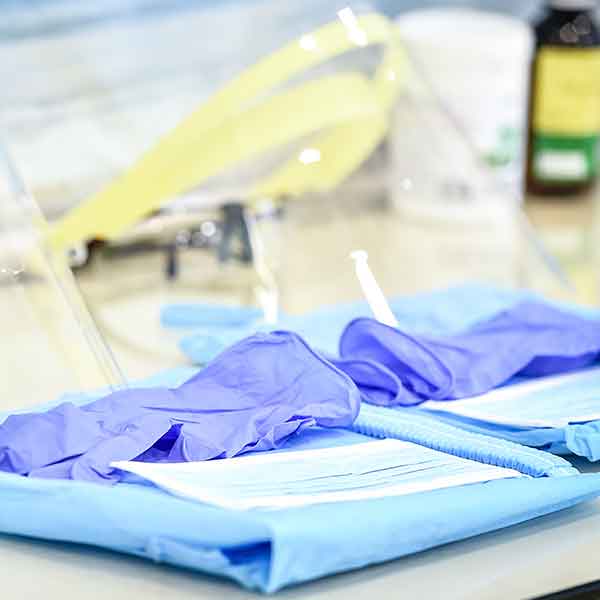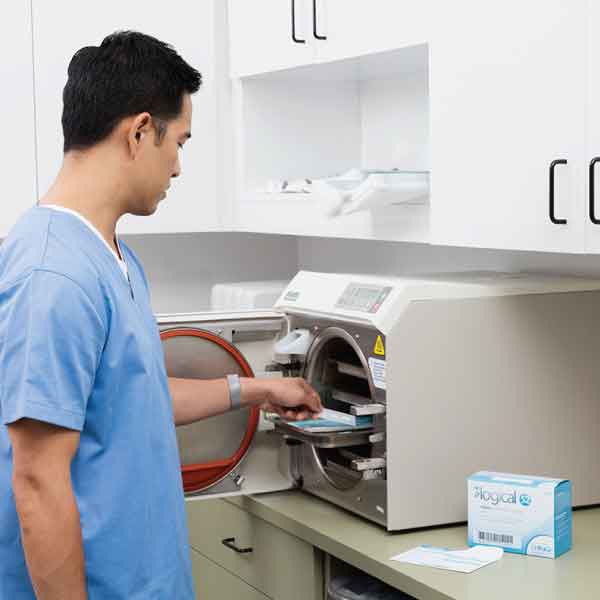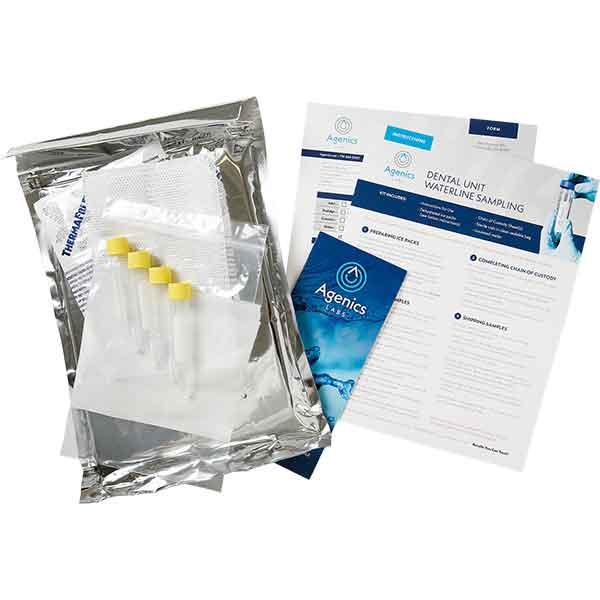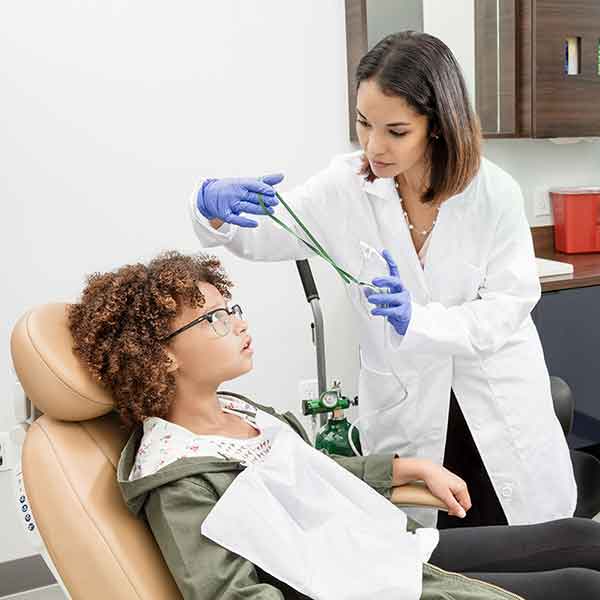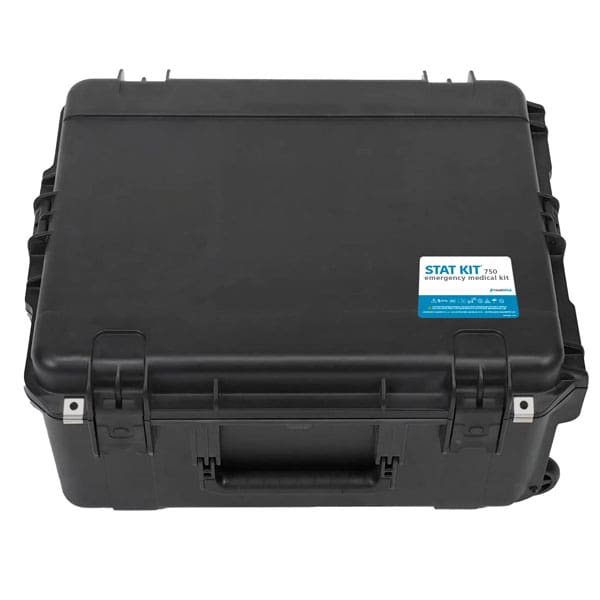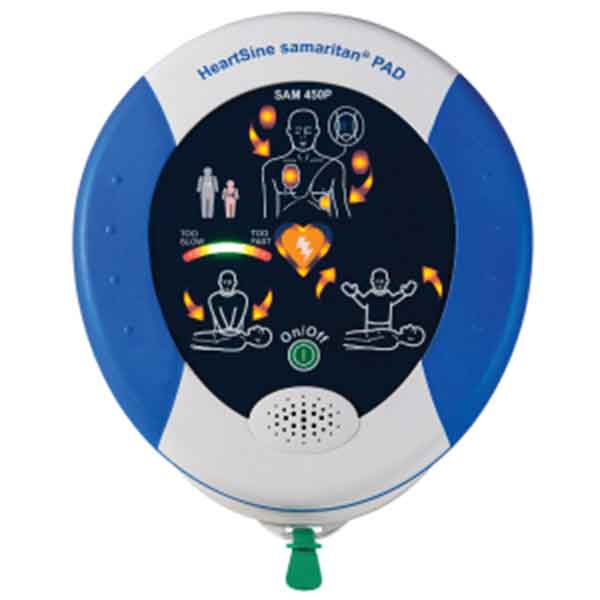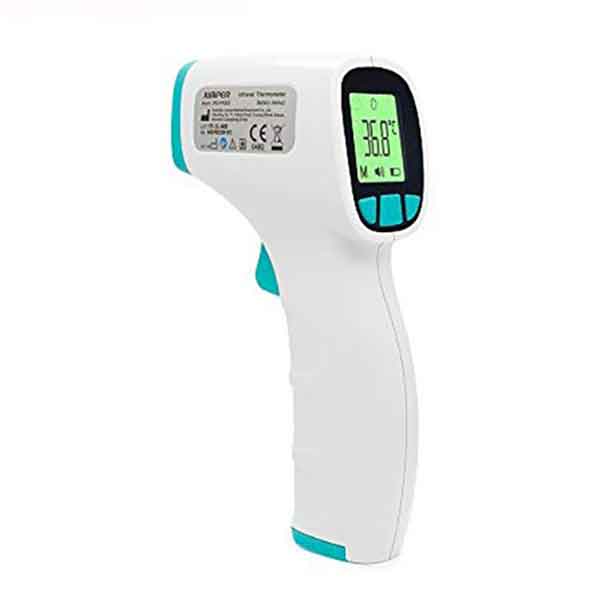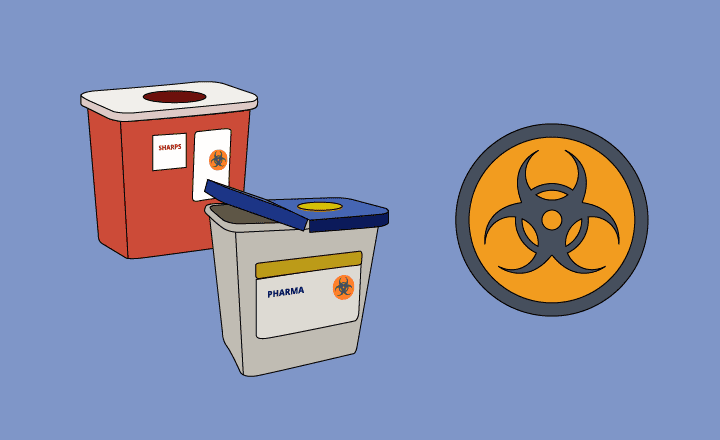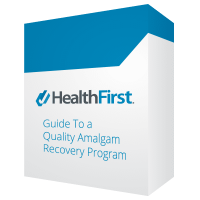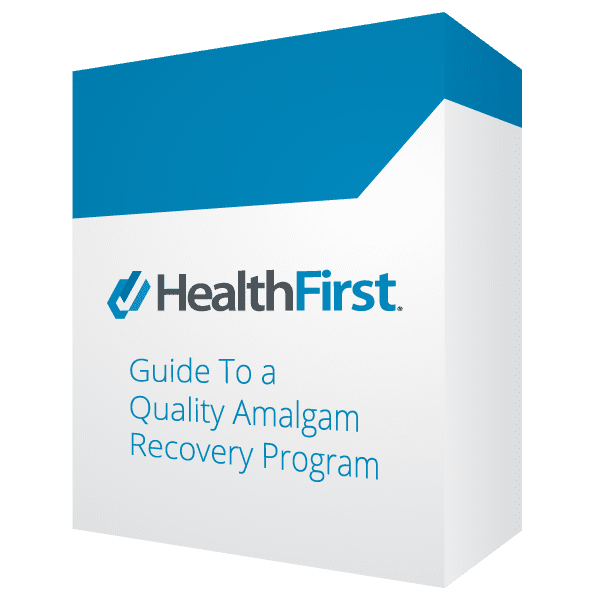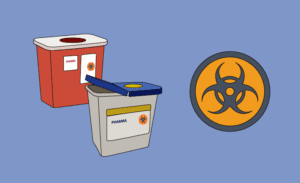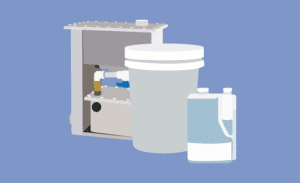Because of their potential impact on public health and the environment, unused and expired pharmaceuticals must be disposed of as part of a routine protocol that all healthcare facilities should follow.
Both the Drug Enforcement Administration (DEA) and the Environmental Protection Agency (EPA) recommend that healthcare facilities follow a schedule to dispose of their unused and expired medications on a regular basis. The DEA recommends at least once a quarter.
While nothing substitutes for a thorough understanding of the EPA’s management standards for pharmaceutical waste, here’s an overview of pharmaceutical waste disposal best practices.
Don’t: Flush your unused or expired medications down the toilet or drain
In the past many facilities would dump expired medication in the trash or down the drain, introducing dangerous elements into wastewaters. The EPA now prohibits this practice. Water treatment plants are generally not equipped to routinely remove these medicines, so much of this waste enters rivers and lakes and eventually our water supplies.
In addition, some expired medications qualify as hazardous waste. Several steps must be followed for that waste to be disposed of properly.
Do: Use a pharmaceutical waste disposal service or reverse distributor
Drug disposal requirements can be confusing, so consider using a professional disposal service. They can provide education on what you need to do and how. Some disposal services offer convenient mailback containers that include step-by-step instructions.
When Is It Important to Use a Pharmaceutical Reverse Distributor?
If your practice purchases controlled substances, the DEA license number of the registered doctor at your facility is documented to the DEA. That means you’ll need to keep proper documentation that these medications were properly recovered and destroyed if unused or expired. A pharmaceutical reverse distributor can provide you with the necessary paperwork to properly document the removal of these substances from your doctor’s possession.
Follow These Steps for Proper Waste Segregation and Disposal of Your Pharmaceutical Waste
Step 1: Segregate pharmaceutical waste from biohazardous waste
Be sure that pharmaceutical waste is separated from your sharps and medical waste. These waste streams are treated and disposed of differently. Medical waste is first autoclaved prior to destruction and disposal whereas pharmaceutical waste is typically incinerated.
Step 2: Identify all controlled substances
Next, you’ll need to separate out any controlled substances (such as opiates and benzodiazepines) from the rest of the pharmaceutical waste. Dispose of these substances via a pharmaceutical reverse distributor, so the proper paperwork will be provided in accordance with DEA regulations. HealthFirst’s Pharmaceutical Recovery Services can provide you with an easy to use and cost-effective service to dispose of your Schedule II-V controlled substances.
Step 3: Pull out any hazardous waste
Some medications are classified by the EPA as hazardous chemicals. The Resource Conservation and Recovery Act (RCRA) outlines a full list. Hazardous pharmaceutical waste must be disposed of appropriately to reduce the risk to the public. Drugs like warfarin, lindane and mitomycin are considered hazardous waste. These should be placed in black containers and require very specific disposal.
Step 4: Contract with a licensed pharmaceutical waste disposal service.
After all the precautions you’ve taken to comply with the EPA and DEA, don’t put it all at risk by partnering with the wrong waste disposal service. The right licensed and knowledgeable partner can help you stay in compliance from delivery to disposal.
Healthfirst mailback services are a great way to dispose of your pharmaceutical wastes in accordance with EPA and DEA regulations:
- Unused Medications Return Envelope: Use this pre-paid USPS envelope to return small quantities of unused and expired non-controlled medications.
- 3-Gallon Pharmaceutical Waste Management Container: Use this pre-paid UPS mailback container to return larger quantities of unused and partially-used non-controlled pharmaceutical waste, including anesthetic carpules.
- Pharmaceutical Recovery Services – Up to 5 Pounds: A convenient way to dispose of your DEA controlled substances to a registered reverse distributor using pre-paid mailback services.
Have Questions?
Contact HealthFirst at 800-331-1984 or email us if you have questions about pharmaceutical waste.
Reference Links:
























